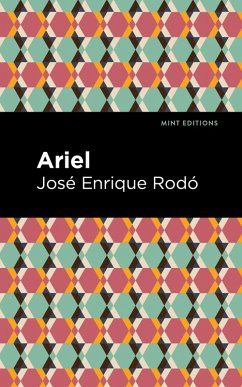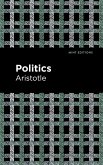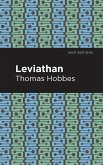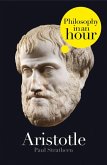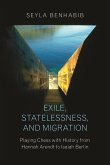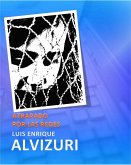On the last day before summer vacation, a group of students gathers to hear their teacher, whom they call Prospero, lecture for one last time. Captivated by a bronze statue of Ariel from Shakespeare's The Tempest, he speaks passionately on the nature of beauty and the dangers of materialism. Ariel is an essay by José Enrique Rodó.
Dieser Download kann aus rechtlichen Gründen nur mit Rechnungsadresse in A, D ausgeliefert werden.

